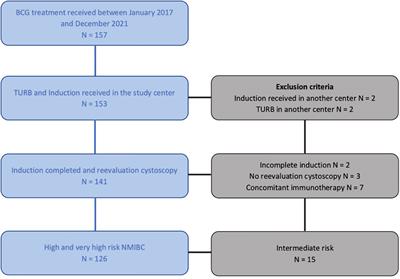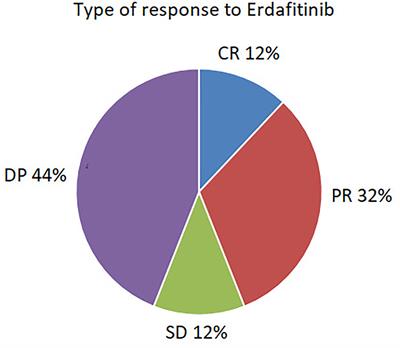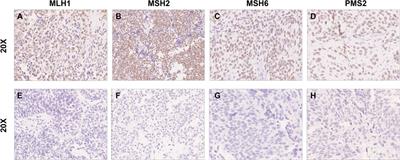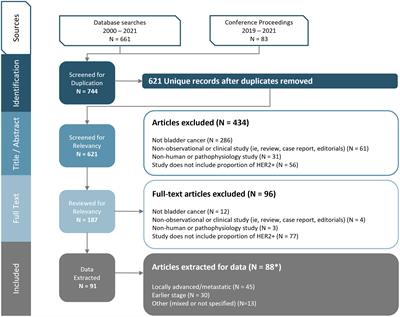EDITORIAL
Published on 21 May 2024
Editorial: Innovative molecular therapeutic approaches in urothelial carcinoma
doi 10.3389/fonc.2024.1430285
- 673 views
6,861
Total downloads
23k
Total views and downloads
EDITORIAL
Published on 21 May 2024
ORIGINAL RESEARCH
Published on 08 Mar 2024

REVIEW
Published on 13 Sep 2023

ORIGINAL RESEARCH
Published on 24 May 2023

REVIEW
Published on 04 Jan 2023

ORIGINAL RESEARCH
Published on 25 Oct 2022

SYSTEMATIC REVIEW
Published on 21 Oct 2022
